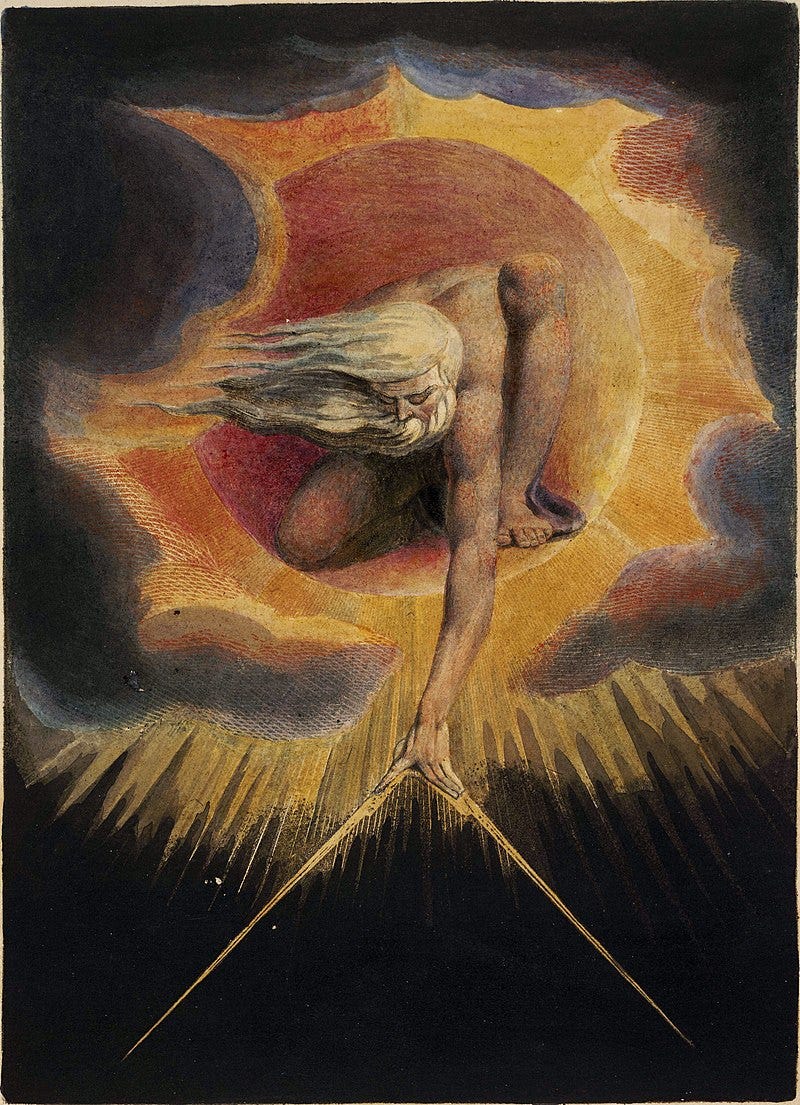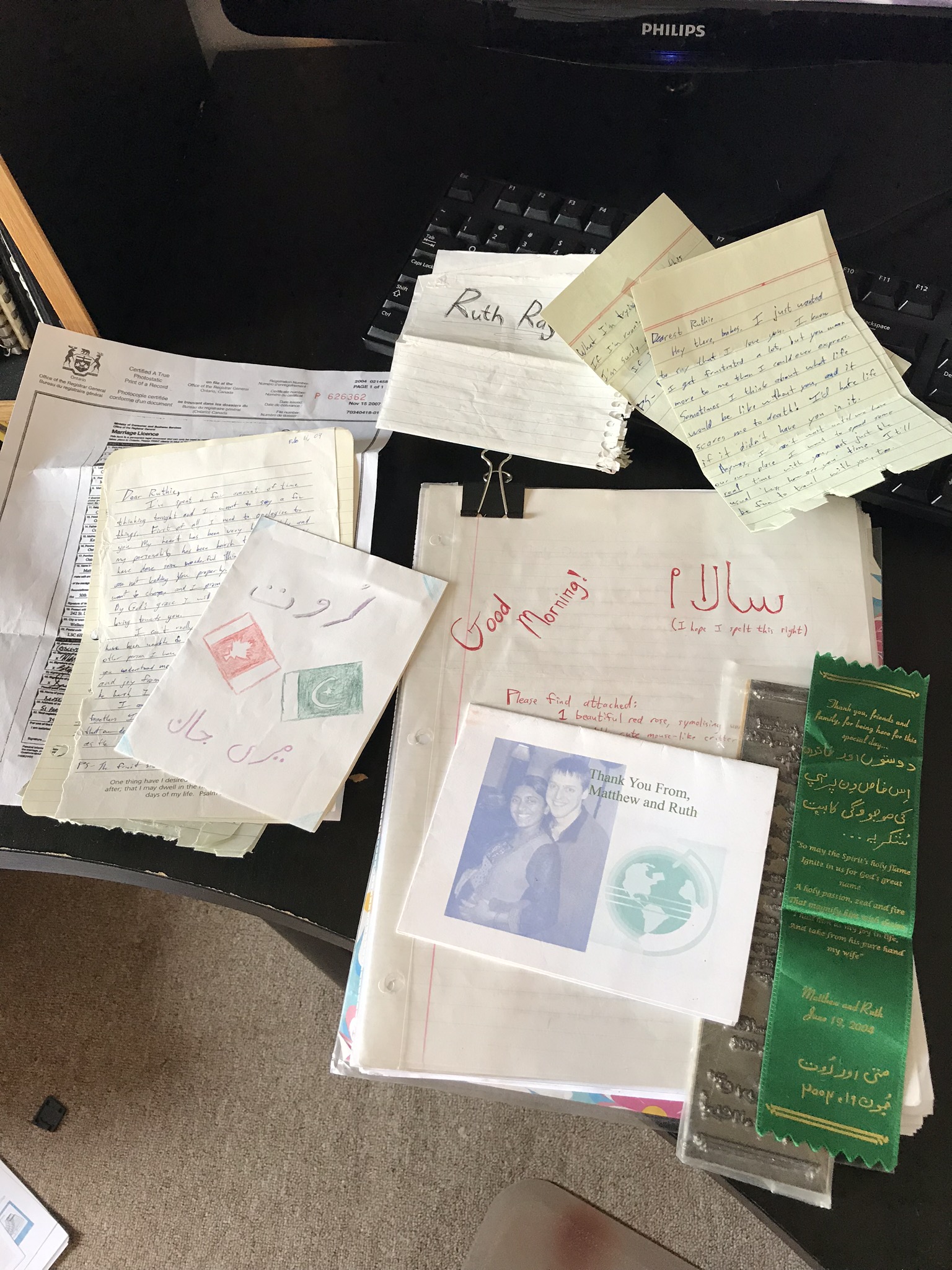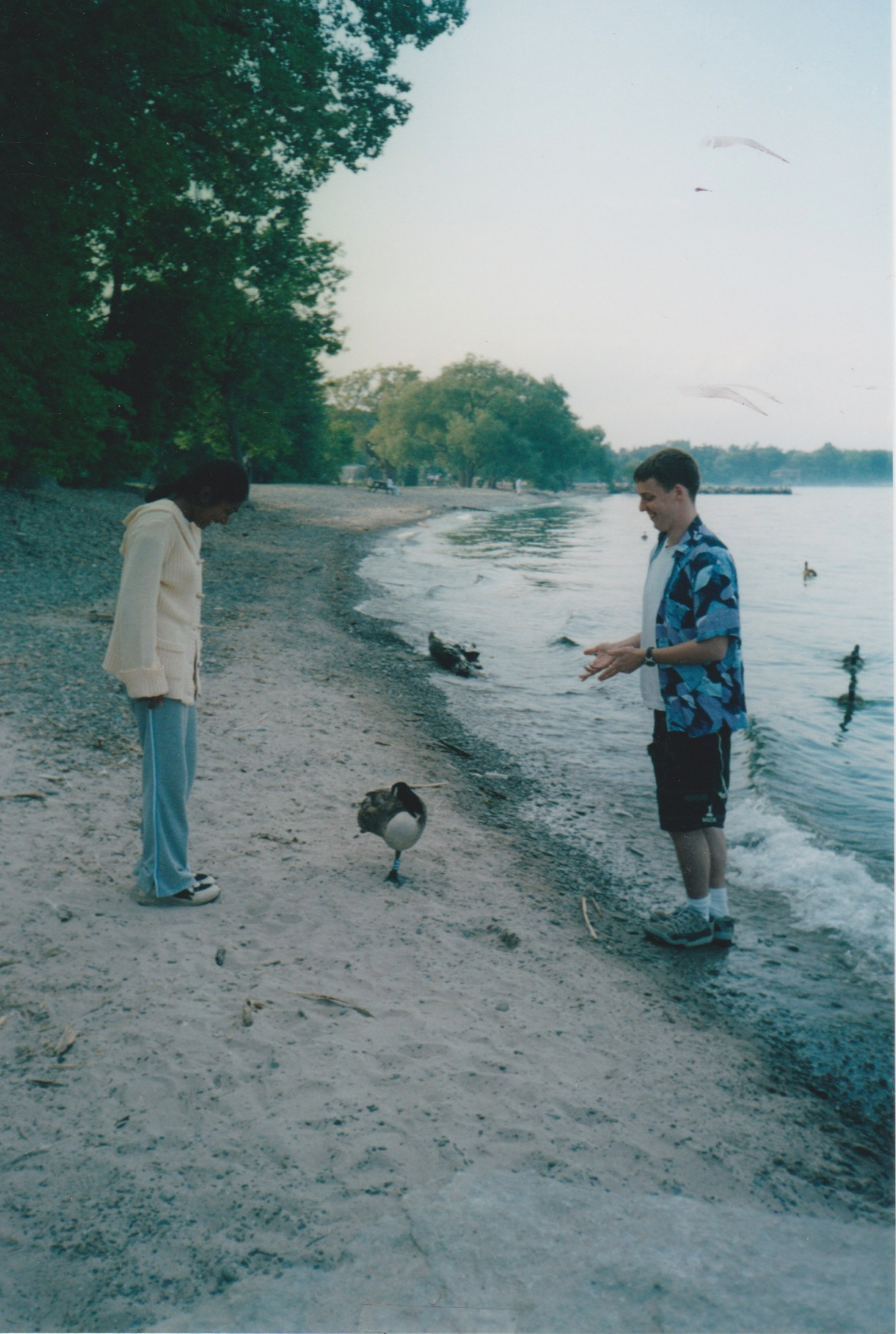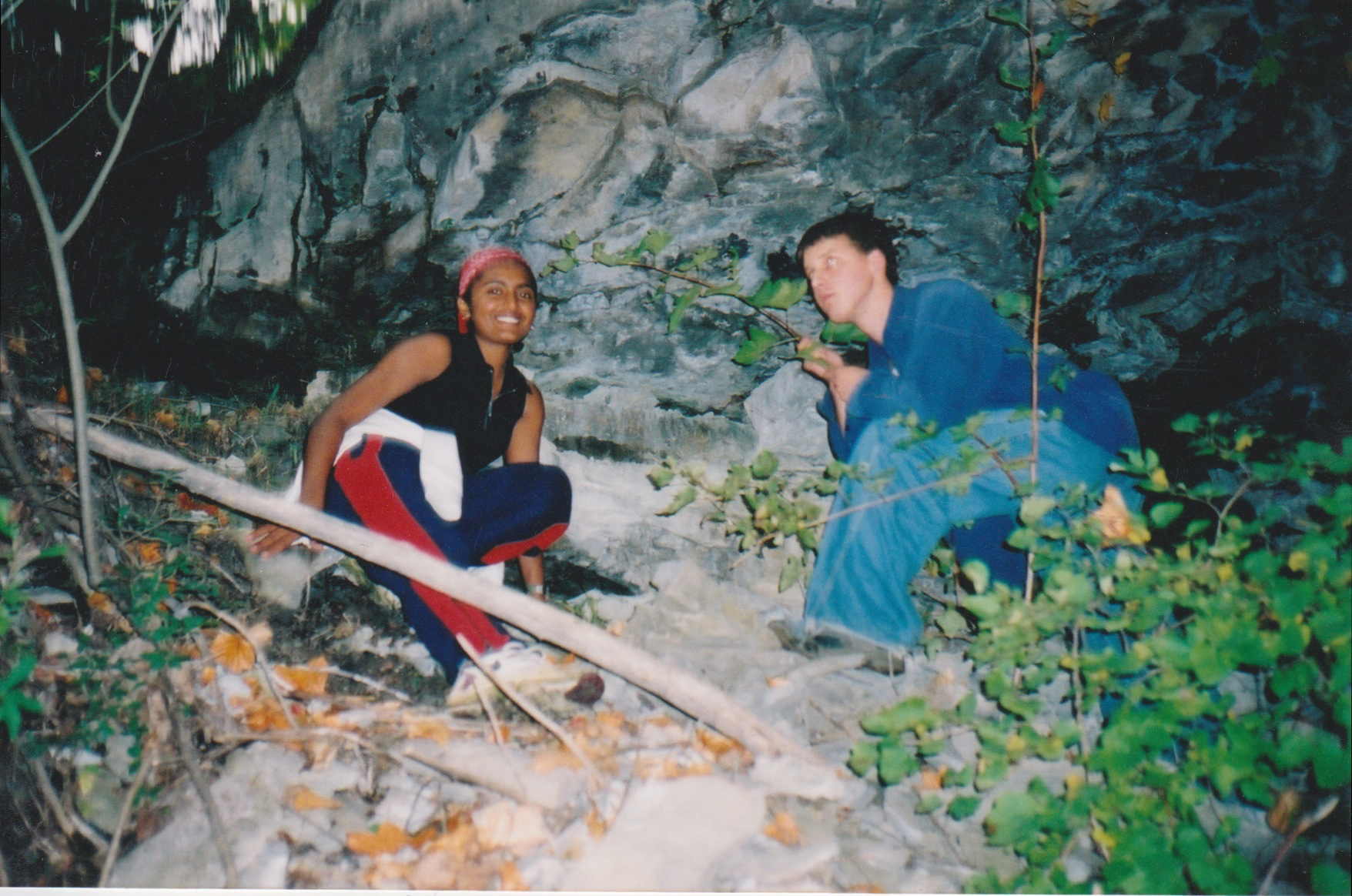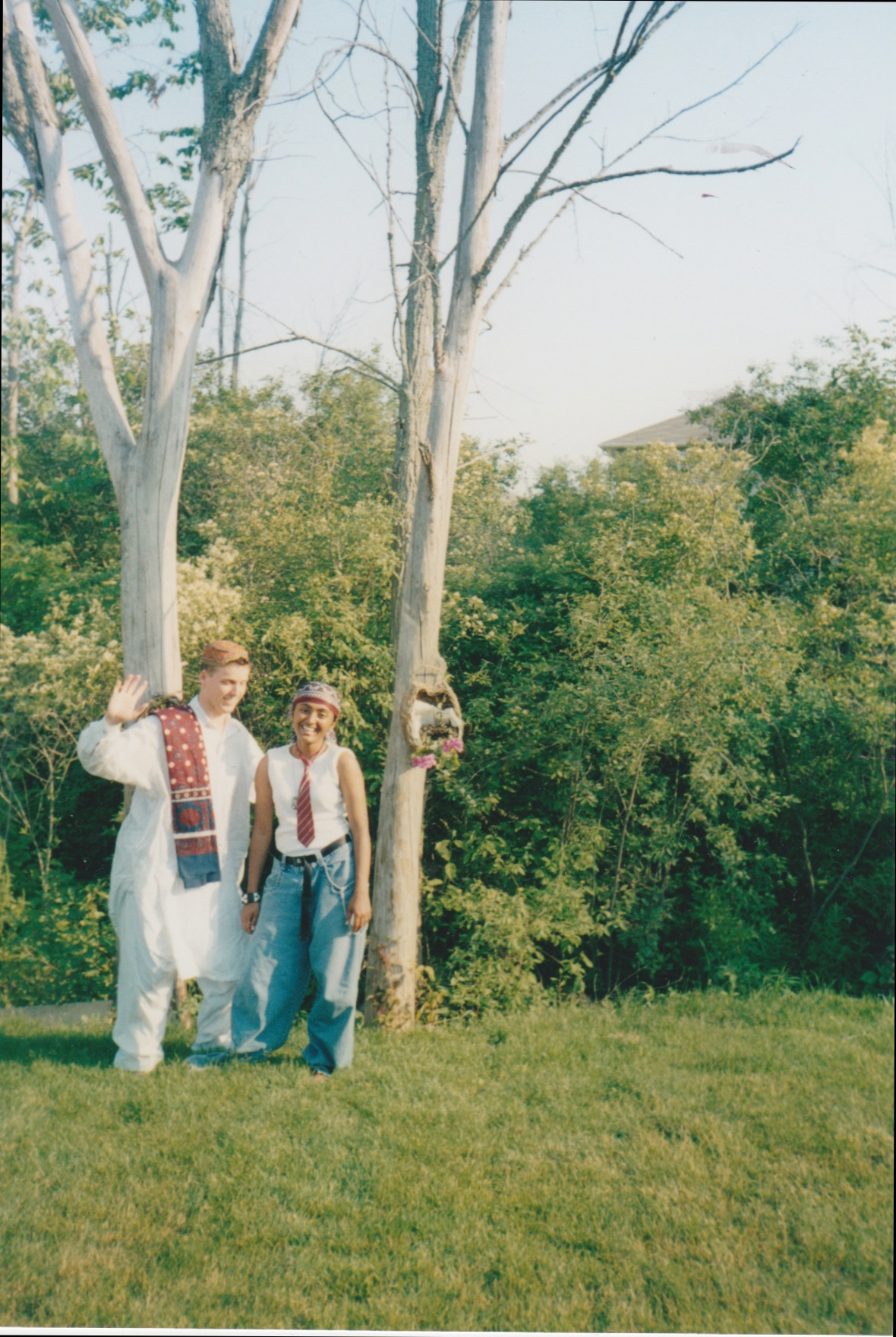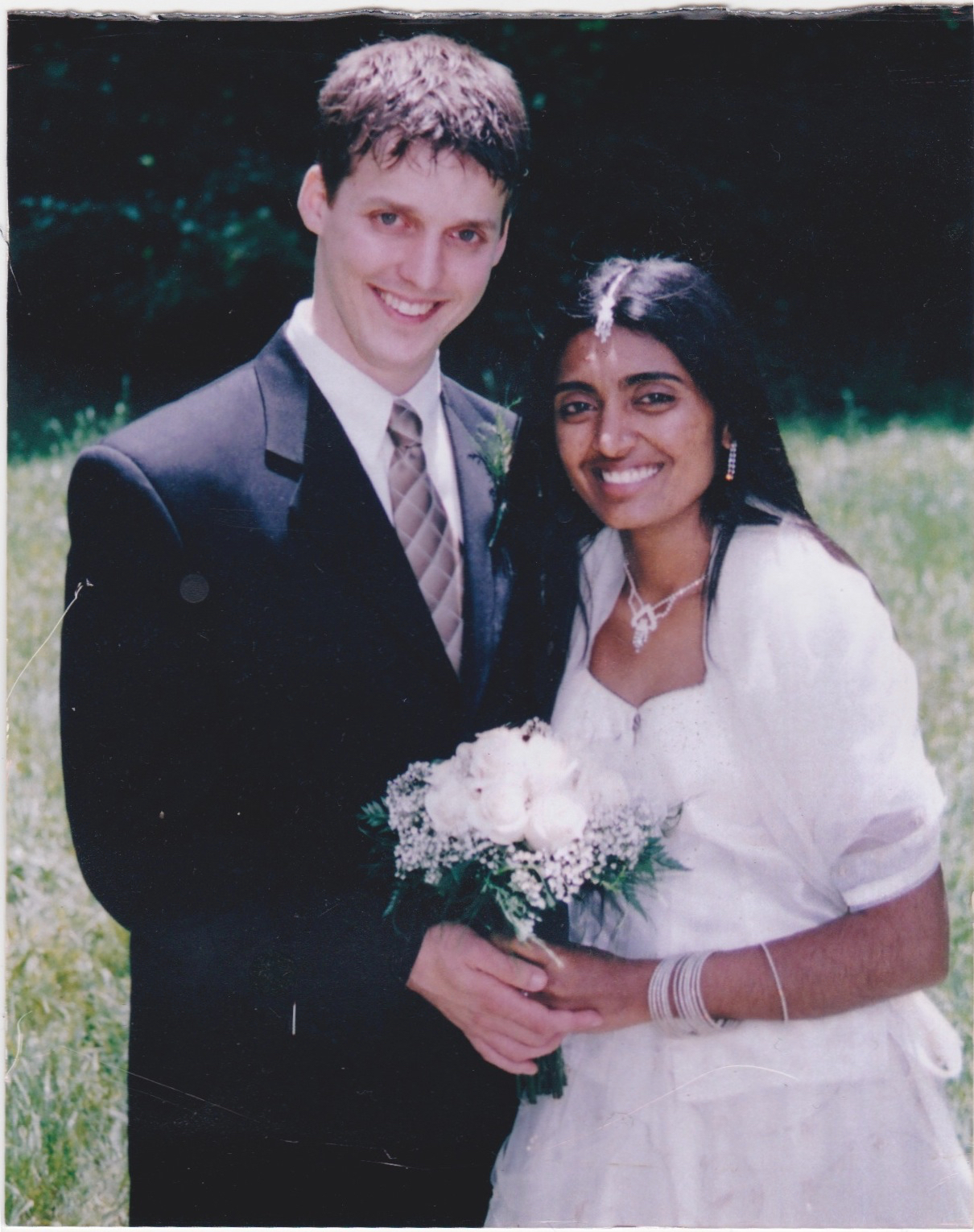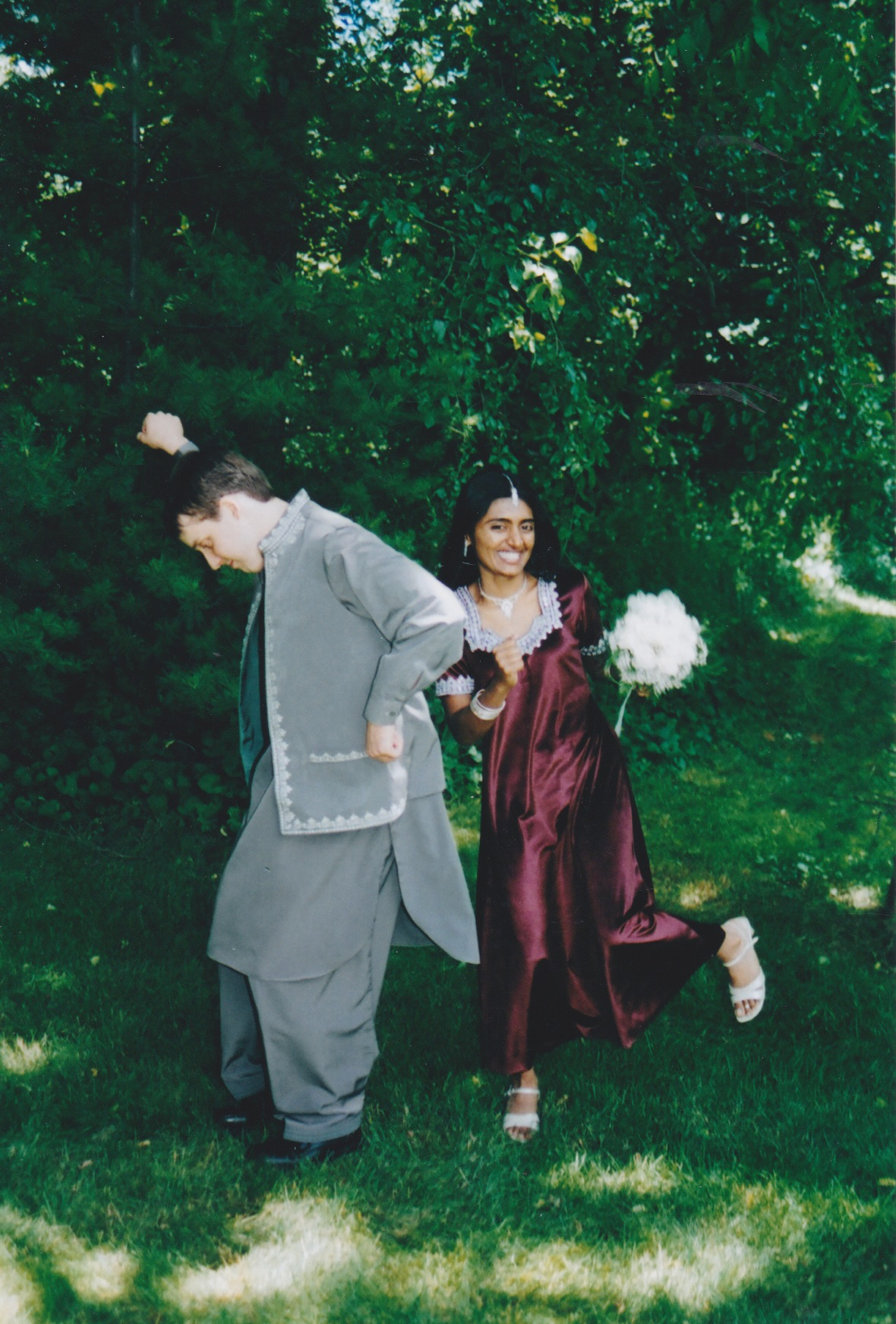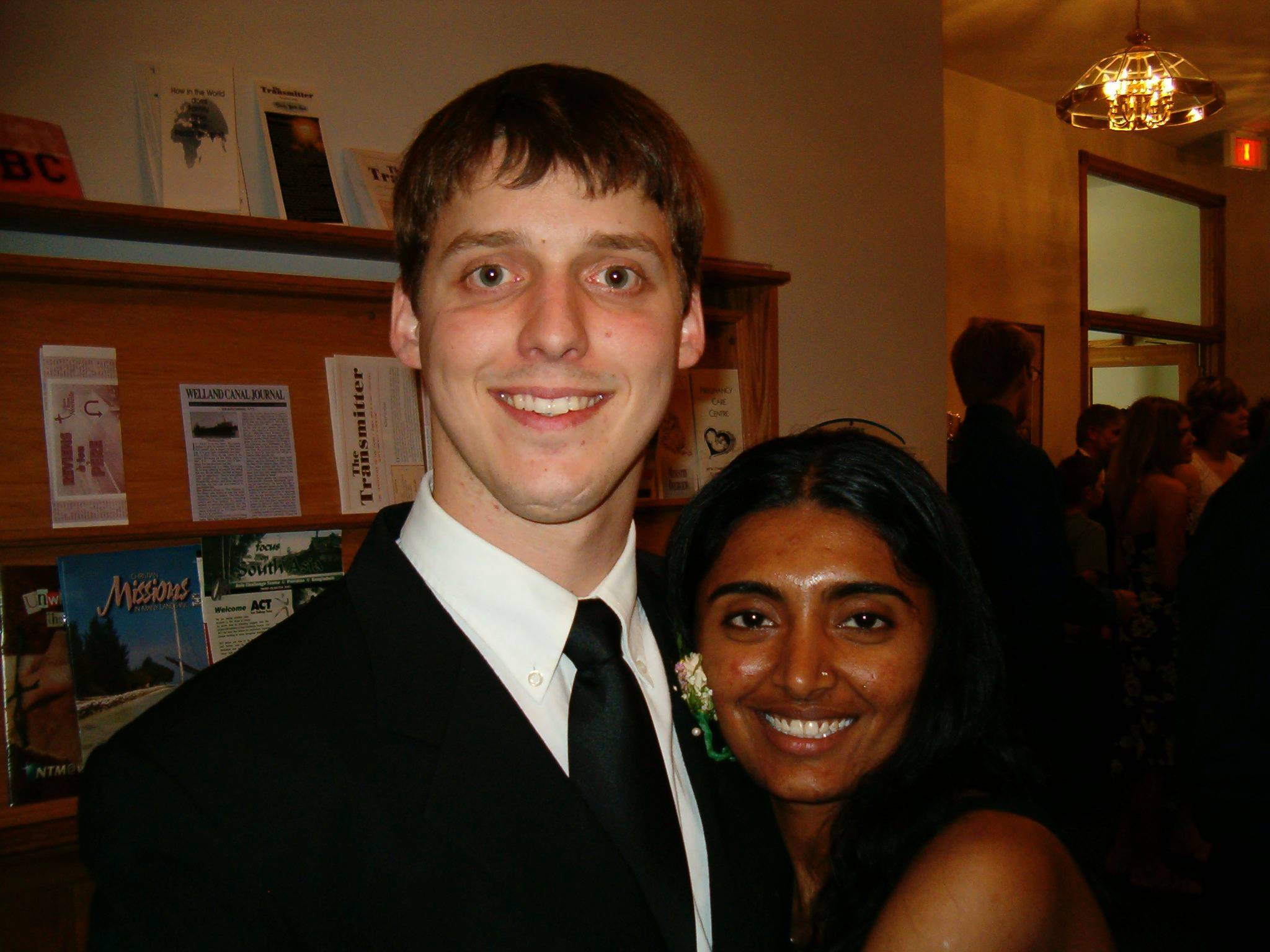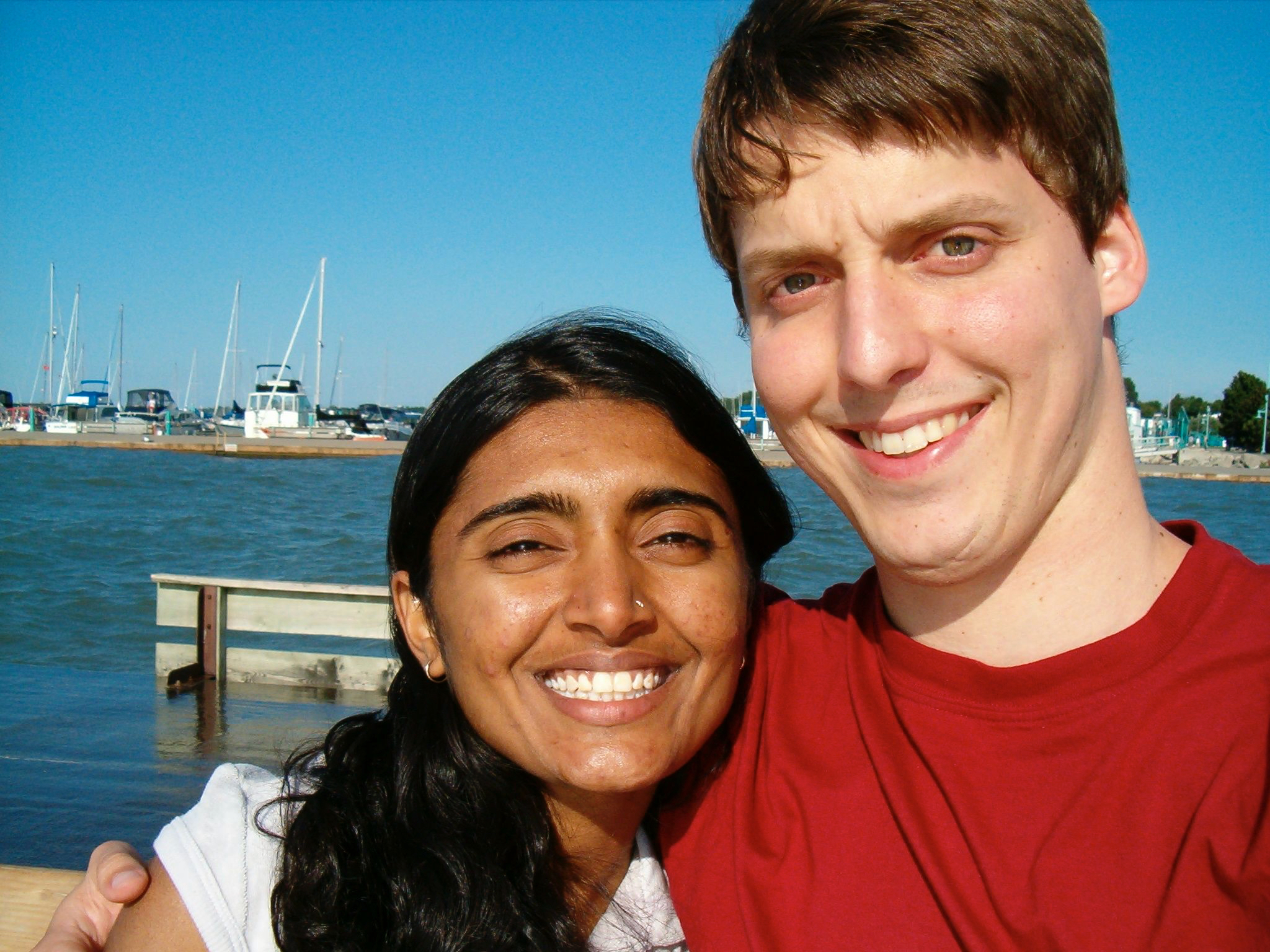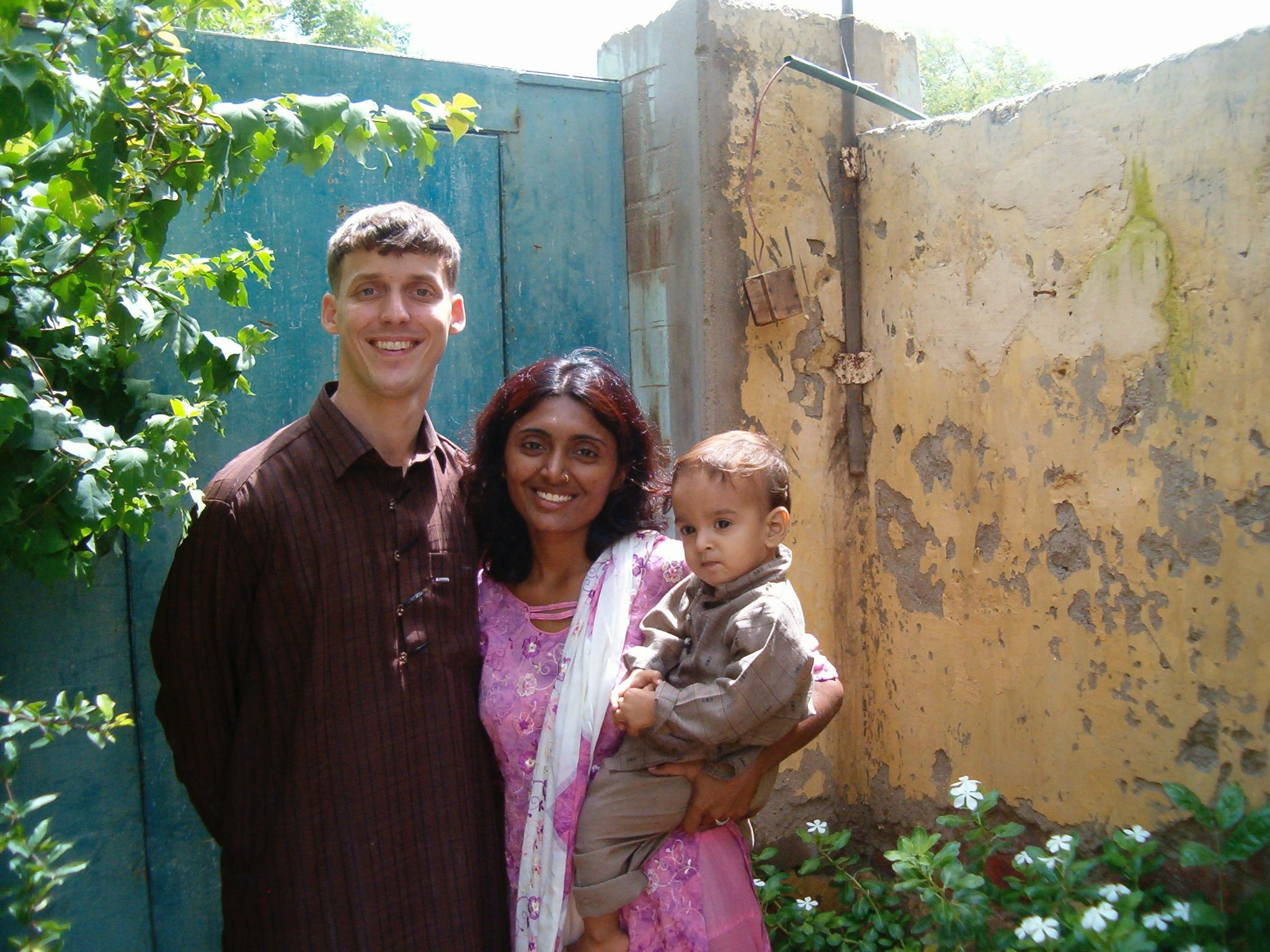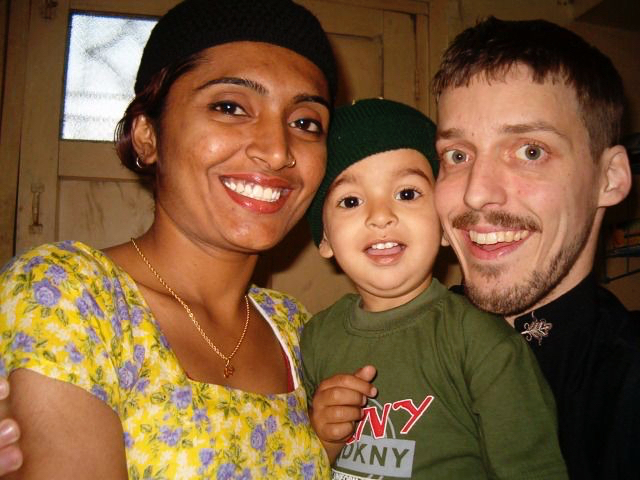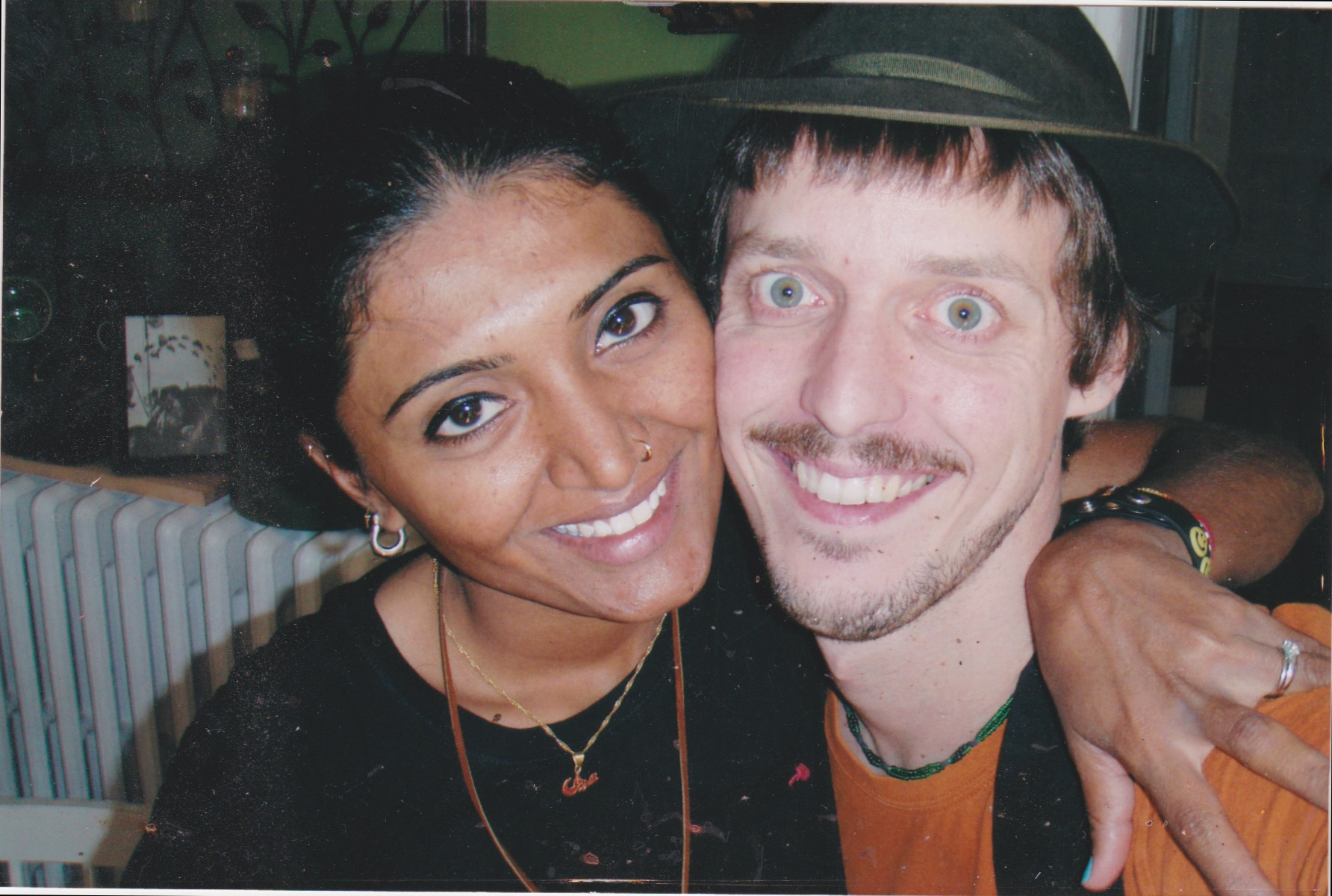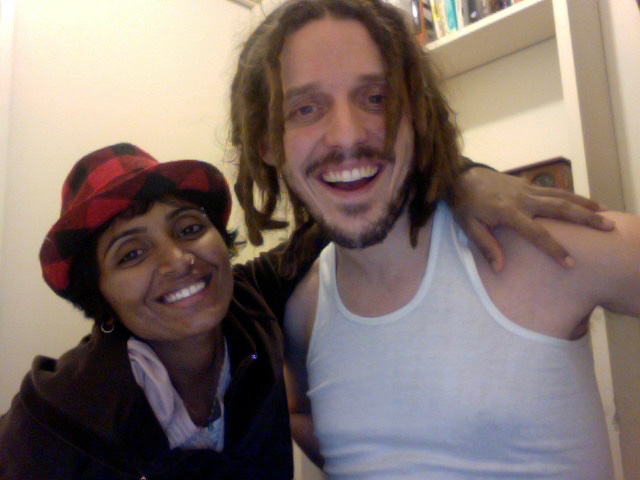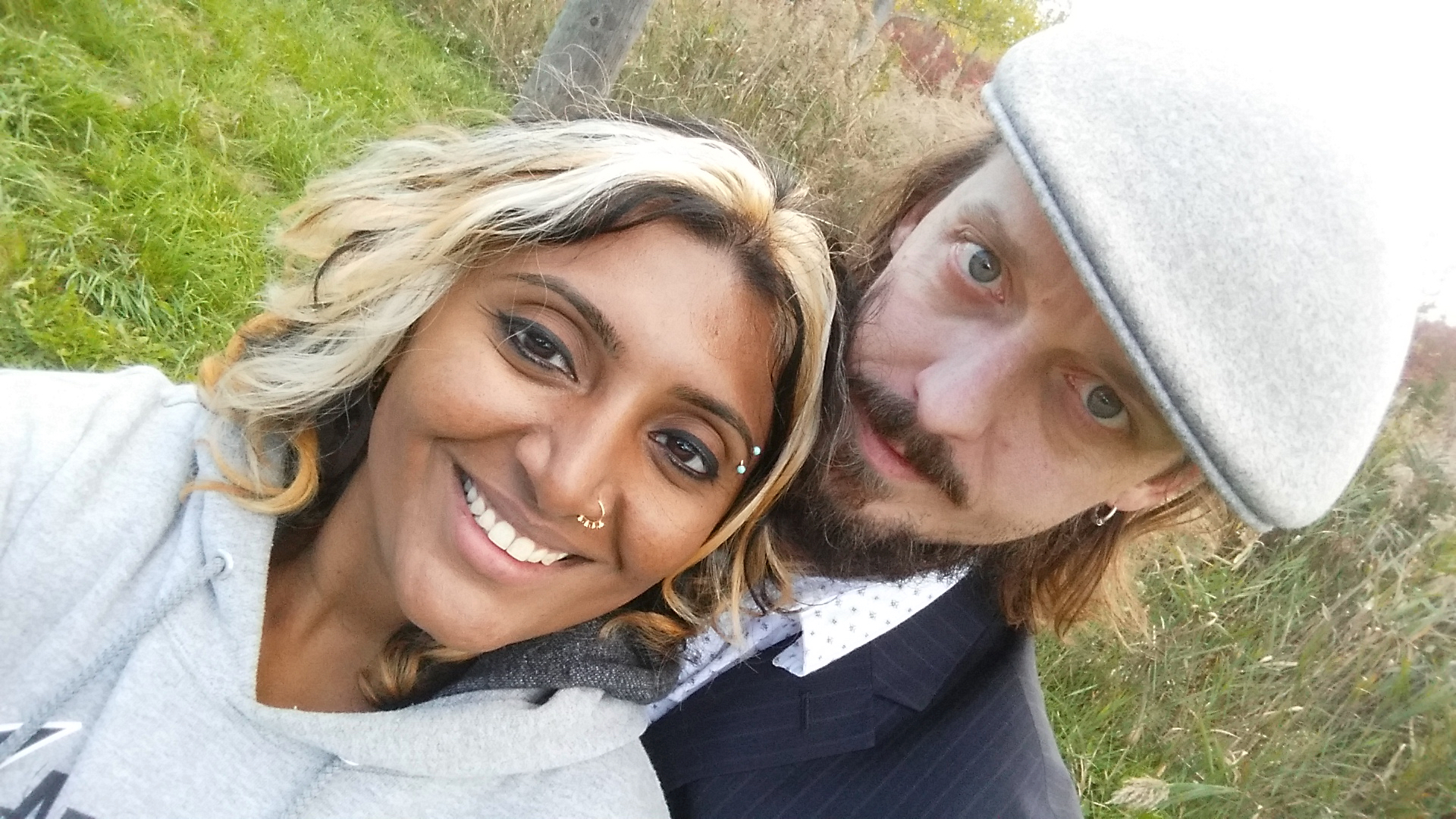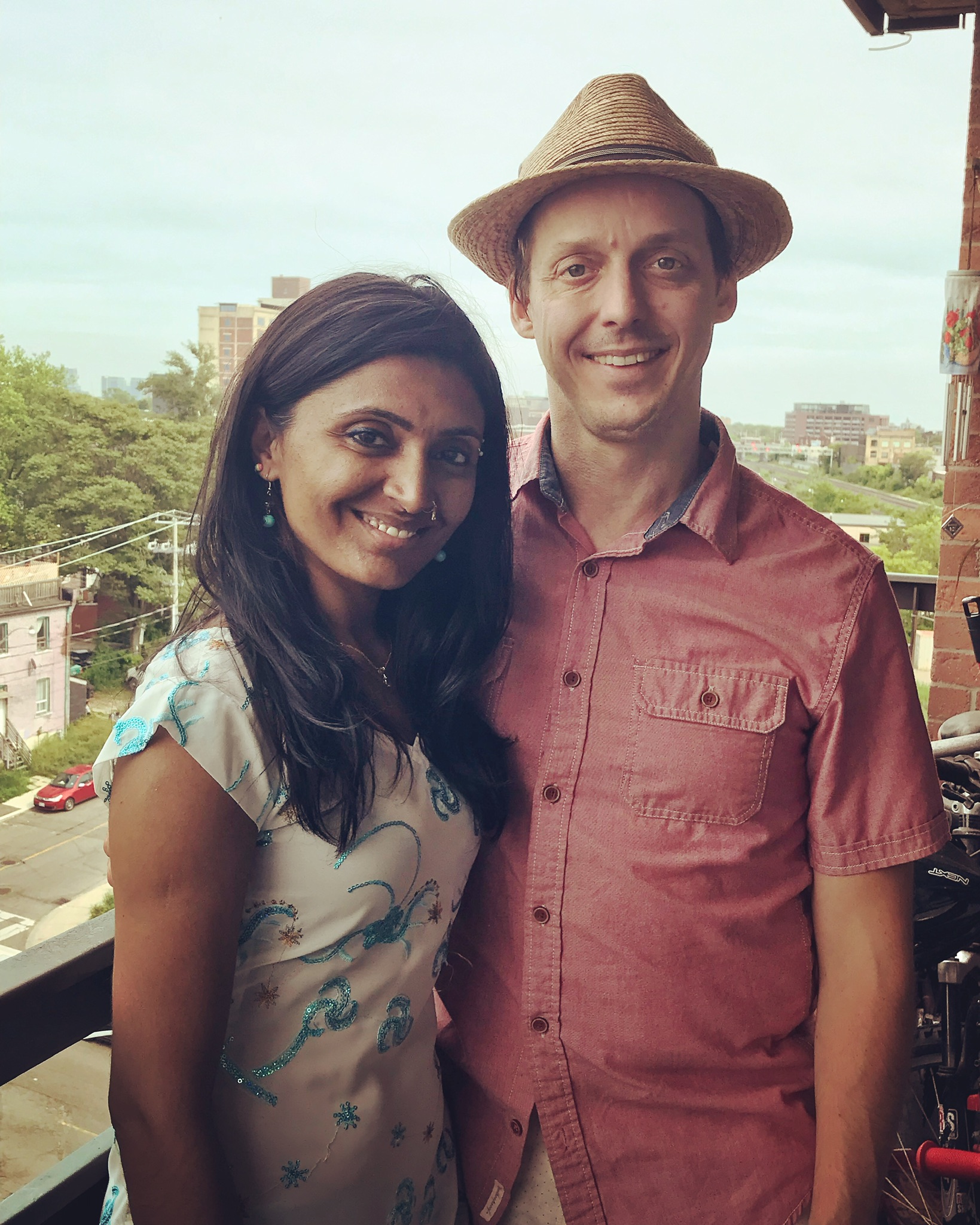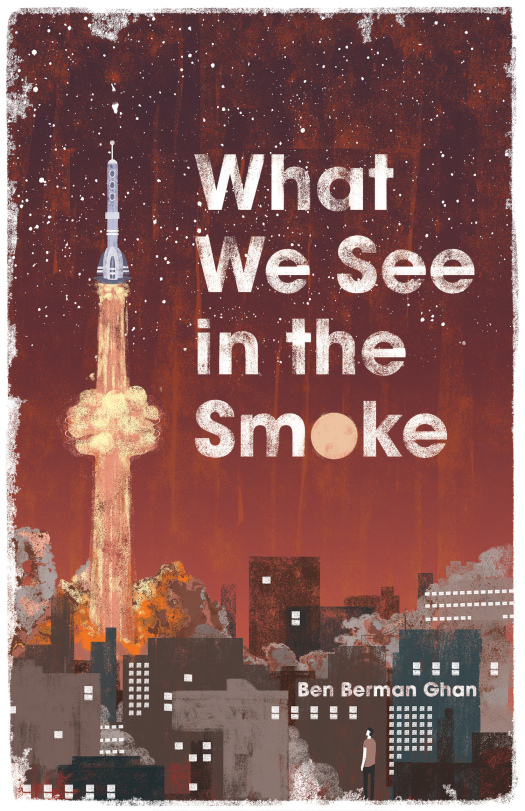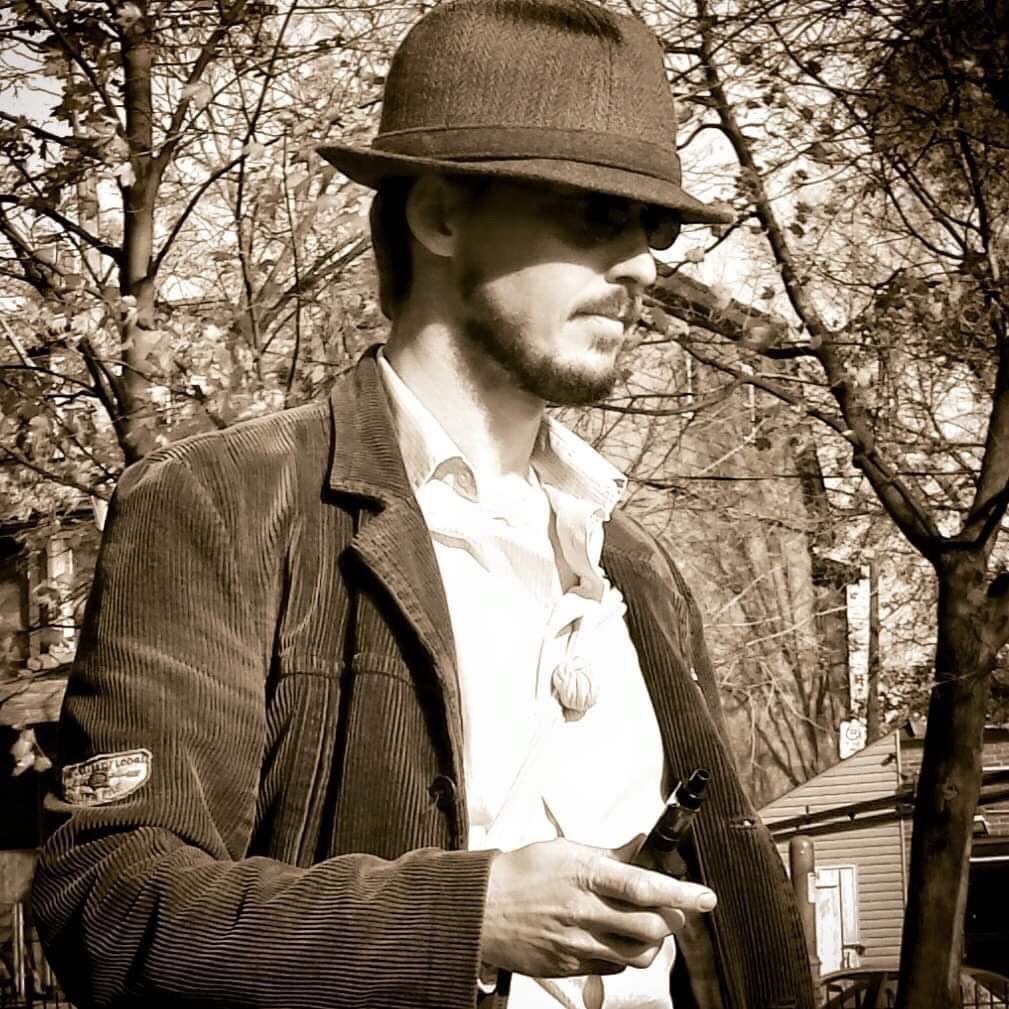I believe in God (an apology)
What is God?
It’s hard to believe in God today, especially if ‘God’ means a supremely good and powerful Person who made the universe and is very concerned with the beliefs and behaviour of mortals. The texts about this god often paint him as petty and contradict what we know about ourselves and the world. Also, this god’s representatives are often no better than the folks who ignore him.
If God is a craftsman, crafting a cosmos, then God must be less than Godself + God’s craft + the God-sized room within which God crafts, thus not God.
Here’s my take: God is the Infinite. The that-than-which-nothing-greater-can-be-conceived. The Alpha to Omega, A to Z, First and Last, the Beginning and the End.
God is before all things, and in God do all things consist. All things live and move and have their being in God. Everything that is, is in God, and there can be nothing outside of God. When I speak of God, I mean the single, infinite substance that constitutes the universe. If this sounds like Spinoza’s God, it more or less is.
Objections
But this God isn’t personal.
God is not a person, but that does not make God impersonal. God is not less than a person. God encompasses every past, present, and future person. So, insofar as God can be known, God can be known personally.
Because God is the sound of a tree falling in the forest; real when I hear it. God is personal when I engage in a personal relationship with God.
We make personal relationships with everything, even when we don’t mean to. When I trip on an uneven sidewalk, the stone is malicious. When I’m stuck on the highway, the traffic is evil. And this isn’t totally irrational. Consciousness must be as natural to the universe as magnetism or the strong and weak nuclear forces. Empathy (and anthropomorphism) is consciousness attempting to recognize itself. There is love here.
So, since I am a person, I crave a personal relationship with God. Religion is a way to intentionally, specifically, and skillfully cultivate a personal relationship with God. There are others.
This isn’t the God of the Bible.
The Bible does not present a unified depiction of God (thank God). Paul understands God differently than Jesus, who approaches God differently than Moses. Origen would not have agreed with Augustine who would not have agreed with Calvin or Darby or any Christian alive today. Every theologian has understood God differently, despite common heritages. This is not (necessarily) a problem.
The Bible is not a science text or a user’s manual. It is a library connecting today’s living faiths with their ancient roots, buried deep in inaccessible history. Its purpose is not to declare facts about God, but to show the depth of our inheritances and inspire us to grow forward from faith to faith, glory to glory, preparing the way for something amazing. To confess Christianity is to take our place in this ever-changing Body of faith and practice.
The Bible has its proper place in my faith: a Godsend, and useful for apologies, gospels, rebukes, and encouragements: so that the religious practitioner can be skilled and equipped for every good work.
Why Christianity?
It is my inheritance, and my children’s after me. Years of practice gave me a rather particular set of spiritual skills. Prayer still lets me talk to God, hear God, and reaffirm my best aspirations. Worship still fills me with joyful holy awe. Scripture still provides spiritual meat and drink. The Father still hides in unapproachable light. The Son is still present in the eucharist, the Body, and myself. The Holy Spirit is everywhere. You say no one is listening when I pray? I listen. And, beyond these clinging aggregates that I call myself, who knows what sapience is privy to my devotional utterings?

A Christian God
The Trinity is one of the oldest and most controversial mysteries in Christianity. Here is a way of understanding the Three-in-One:
God is Father (the Almighty)
The eternal, immortal, immutable, invisible God, sustaining the universe through the Word of His Power. God the Father is no less than the unapproachable, unchangeable laws of nature that govern the universe. The founding principle of reality. The prime substance from which all things proceed. The consistent, unalterable nature of the universe.
God the Father is unknowable, and yet I want to know God. I see something when I stare at the abyss. I hear a sound when the tree falls.
God is Son (the Word)
That sound is the Son, the image of the invisible God, the Word by which the universe comes into being. The Son is firstborn of all creation—begotten not made, co-eternal with the Father—who died and lives, forevermore. The expression of the Father, the Laws of Nature in action. If the Father is the Game, the Son is the game being played.
According to my scriptures, Jesus of Nazareth was declared to be the Son of God in power and taught his followers to likewise call God Father, becoming the eldest of many siblings. His death and literal resurrection in the people who abide in him, the Body of Christ, is one of the great mysteries that Christianity peeks into.
God is Holy Spirit (the Paraclete)
The Holy Spirit could be the biggest mystery because She’s the one by which we speak about God. Like thinking about the mind or looking at the eye; it’s hard to use a tool on itself.
The old creeds say that the Ghost proceeds from the Father, or from the Father and the Son. Jesus calls her a comforter, advocate, or helper. She tells prophets and poets what to say. She opens minds and regenerates hearts. She’s the wind that blows where it wishes, carrying us along. I think God the Holy Spirit is the infinite interplay of relationships arising from the Father and the Son. The manifestation of God’s immanence, the substance of the connection between all things on all levels. This is a mystery.
God is Love
The universe is not cold, uncaring, or trying to kill us. The Earth is a perfect fit. True, not all of it. And yes, the vacuum of space is painfully lethal, but we didn’t emerge there, did we? Despite the ways we have marred it and the fact that death comes with life, this world is friendly. The sky pours water and the earth produces food. The sun gives us warmth while gravity keeps us stable. Behold this gorgeous flesh we inherit, full of sensors that light the universe with taste and touch and sight and sound! What do we call this but the love of God?
It is right to rest in the benevolence of God because God brings me into being and keeps me that way, until this form returns to dust, making room for more of the life that God loves.
Final Thoughts
It might seem like this deconstructs God into meaninglessness. I understand if you feel this way. I would never try to supplant someone’s idea of God with my own. That’s an aggressive idolatry.
But my devotional life has flourished with this perspective. If you find it hard to believe in God today, maybe this is a good place to start.

